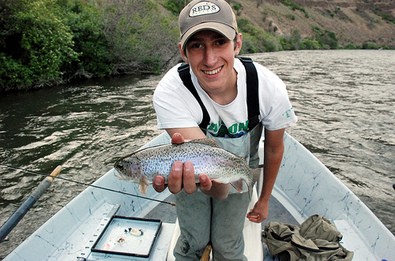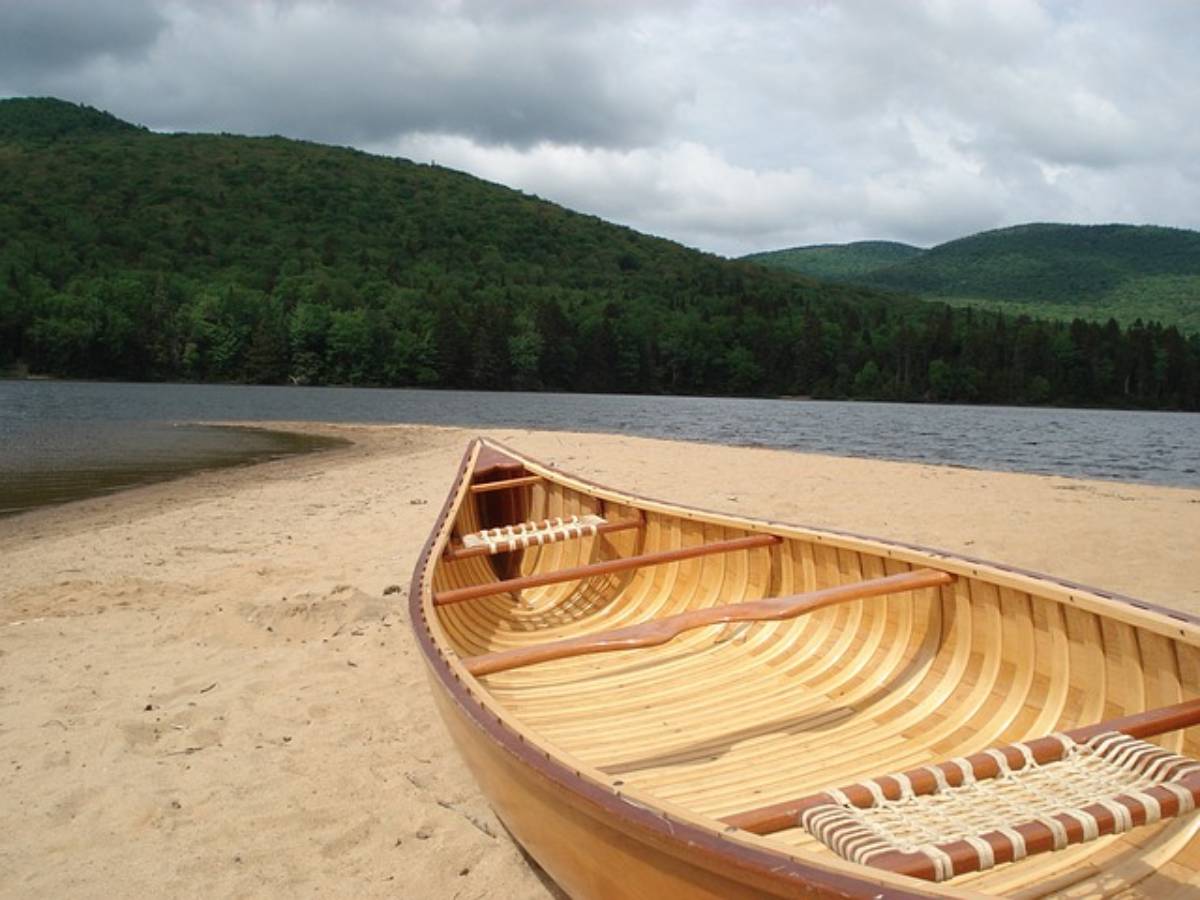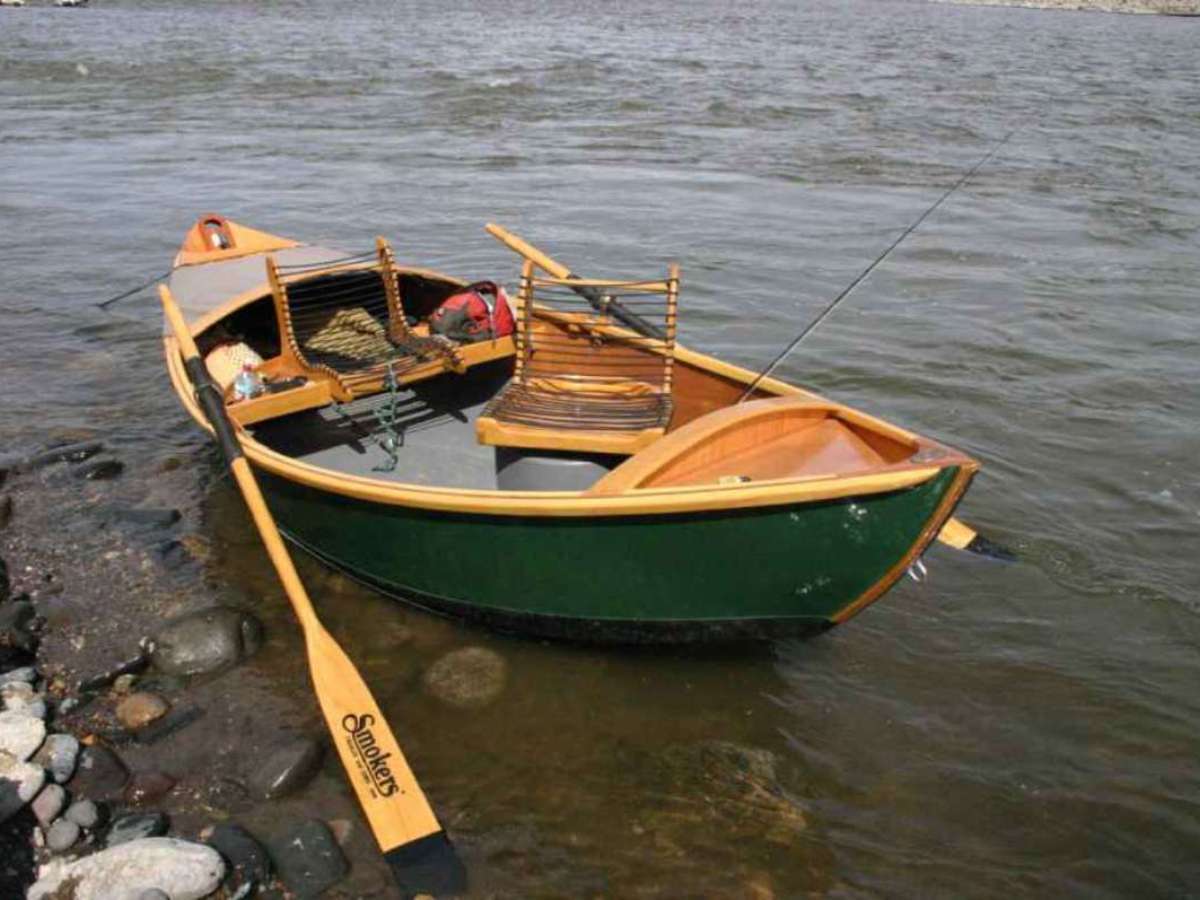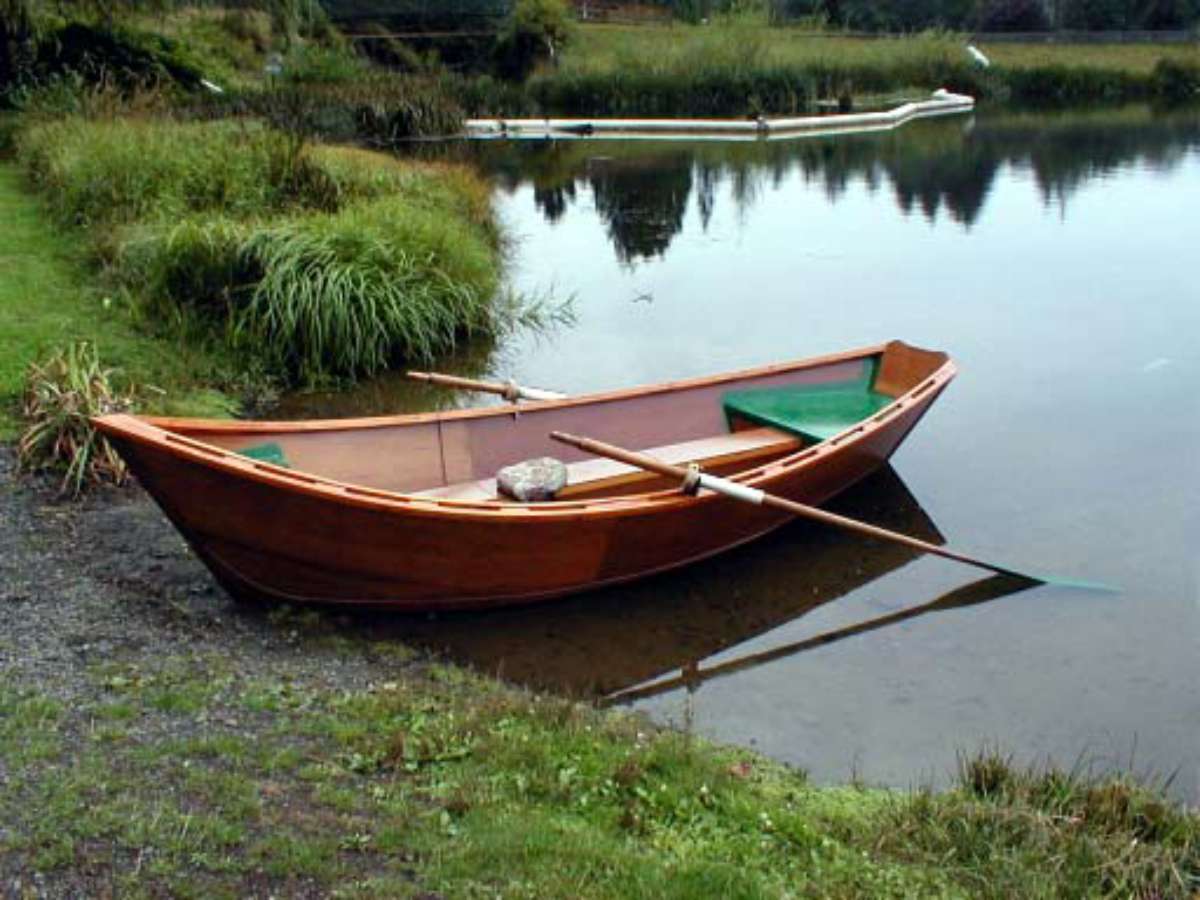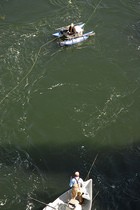 So, you’ve always fished small creeks, rivers and streams and now you plan on taking on a big river.
So, you’ve always fished small creeks, rivers and streams and now you plan on taking on a big river.
If you are a bit nervous, don’t worry. This is natural. It can be a bit daunting when you think of how much water there is to cover in a large river.
Here are my best tips for fishing big rivers…
Type Of Boat
The current in a big river is swift and you can be swept away in an instant.If you decide to wade instead of drift, always use a wading staff and be sure to wear cleated waders.
I prefer to cover big rivers by drifting in a drift boat. If you use a motor boat, you can easily pass the best fishing spots on the river without even knowing it.
Drifting allows you to get to know the river like the back of your hand over a period of time. You will soon know the species of fish that live in the waters and you will learn to recognize the way the fish work the surface and be able to "read the rise."
Where To Cast
Fish like to feel safe and secure, just as we do. They face a wide variety of predators (including humans) as they go about their daily lives. They like to rest under fallen trees, in the water that cuts under the bank, and in deep pools near bull rushes and other water plants.
Fallen branches and large rocks also provide protection for fish to feed and rest. Any natural obstacle that will allow the fish to feel safe that has at least 3 feet of water is a good place to cast your fly.
Your best bet is to cast near islands where the land divides the river temporarily. Islands provide gravel bars, tailouts, riffs and deep pools. You will soon learn the habits of the river. These areas hold a virtual buffet of food for fish because bugs and insects hang out there.
Areas above rapids, waterfalls and dams are great places to cast, because fish congregate there. Fish also tend to gravitate to rock and gravel beds.
Equipment Needed
Fly fishing anglers who are used to fishing creeks and streams should use heavier rods when fishing a big river. These allow for longer casts.
If fishing for trout, a 6-weight is the minimum that is recommended.
Finally, be sure your reel has lots of backing and that you use a larger tippet when fishing on a big river. This will ensure that you land the fish instead of telling the story about the one that got away.
Now you are ready to fish a big river and successfully land that trophy fish!
Remember to use good fly fishing etiquette when fishing near other anglers, swimmers or those who are enjoying the great outdoors near you.

